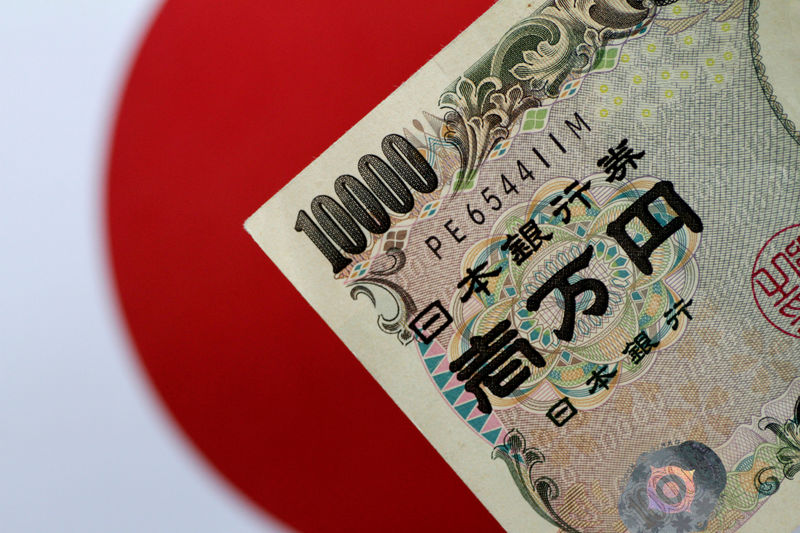 © Reuters.
© Reuters.
By Ambar Warrick
Investing.com--Most Asian currencies sank on Friday as markets awaited more cues on U.S. monetary policy from an inflation reading later in the day, while the incoming head of the Bank of Japan also espoused a somewhat dovish outlook.
The yen was flat as Kazuo Ueda, who will take over as the BOJ governor in April, said in a parliamentary testimony that the central bank will largely maintain its ultra-accommodative policy in the near-term, citing a weak economy.
While Ueda hinted at an eventual end to the bank’s strict yield curve controls, he said that interest rates needed to remain at record-low levels to facilitate economic growth.
Data showed on Friday that Japan’s consumer inflation hit an over 41-year high in January, although Ueda attributed the recent spike in inflation to supply-side issues.
Still, rising inflation has weighed heavily on the Japanese economy in recent months, and puts more pressure on the BOJ to tighten policy. Foreign traders also piled into Japanese bonds over the past week amid bets of an eventual tightening in policy.
Broader Asian currencies retreated, while the dollar remained steady amid continued uncertainty over U.S. monetary policy. The Chinese yuan fell 0.2% and traded at 6.9 against the dollar, while the Thai baht led losses in the region with a 0.3% decline. Both currencies were the worst performers in Asia for the week, down 0.8% each.
Most other regional units were also set for weekly losses, pressured by rising Treasury yields.
Focus is now squarely on the Personal Consumption Expenditures price index, the Federal Reserve’s preferred inflation gauge, due later on Friday. The reading is largely expected to reiterate that inflation remained elevated in January.
The dollar firmed against a basket of currencies this week, with both the dollar index and dollar index futures set to rise over 0.6% this week. Data released overnight painted a mixed picture of the U.S. economy. While fourth quarter GDP growth was revised lower, a drop in weekly jobless claims showed that the job market remained hot.
The South Korean won fell 0.3%, and was set to lose 0.4% this week- its fifth consecutive week in red. The Bank of Korea paused its 18 month-long rate hike cycle this week, as the country grapples with a severe economic slowdown.
The Philippine peso rose 0.2%, and was the best-performing Asian currency this week, up over 1%. But the currency was also nursing two consecutive weeks of bruising losses.

